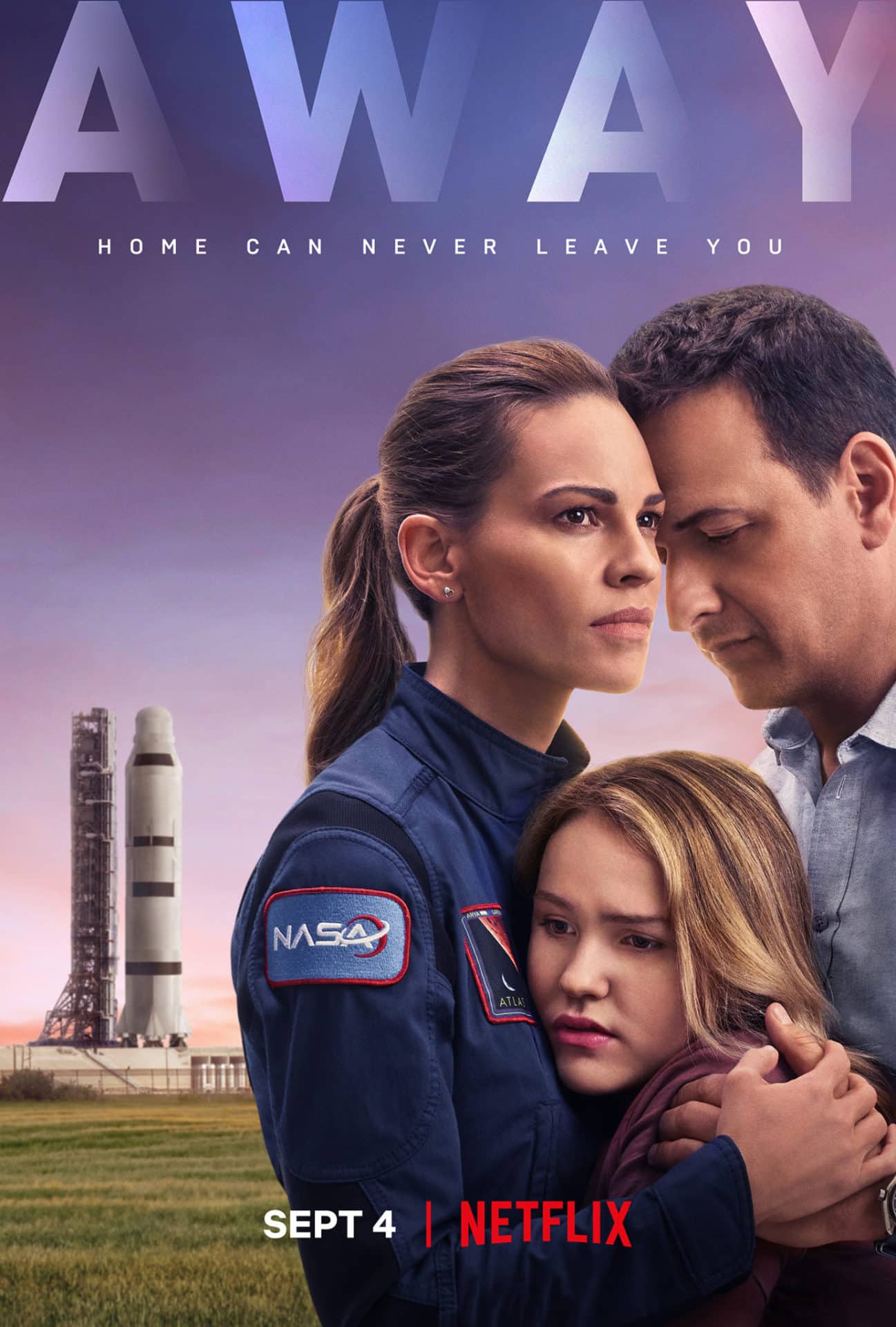Stories which depict a so-called “alternate history” are a standard subgenre of science fiction. They explore the idea of “what if history unfolded differently?” For example, Stephen King‘s 11.22.63 is a time travel story where a man tries to prevent the Kennedy assassination. “The Man in the High Castle” explores a world in which Nazi Germany prevailed in World War II. The Apple TV+ series “For All Mankind” explores an alternate history in which Russia landed on the moon before the US. These works all explore the alternate history scenario on a grand scale. But the new NBC drama series “Ordinary Joe” takes a more personal approach asking the question what if our main character made different choices and his life turned out quite differently.
The story revolves around the life of Joe Kimbreau played by James Wolk most recently seen in the HBO series “Watchmen“. It opens with his college graduation in which he is given three choices on how to pursue the rest of his life. The first option: accept an invitation from Jenny Banks who he describes as his best friend. She wants him to come spend a weekend at the beach. Option two: Pursue a relationship with a girl he meets at the graduation ceremony named Amy Kindelán. Option three: Spend time with his family especially his uncle who wants to persuade him to become a police officer like the uncle and Joe’s father before him.
The story then skips ahead 10 years and we get to see what would happen to his life had he chosen each of those three options. His life with Jenny leads to a marriage that is not working well. He has chosen a career as an ER nurse. Together they have a son who is in a wheelchair from a type of muscular dystrophy. I don’t believe they specify exactly what variety the child has but one of the creators of the show has a son with Spinal Muscular Atrophy – the same neuromuscular disease I have. The actor portraying the boy John Gluck has Collagen VI Muscular Dystrophy in real life.
In the version of his life with Amy, he pursues his passion for music and becomes a successful rockstar.
In the third option, he becomes a police officer just like his uncle and his father before him.
Our viewpoint jumps back and forth among these three alternate versions of his life sometimes depicted in a three-way split screen. This is not a show that you can casually have on in the background while doing something else. It forces you to pay attention so that you know which timeline we are currently depicting.
The same events are depicted in each of the three timelines. For example, while Joe is playing a concert at an outdoor venue, a hailstorm arrives. That same hailstorm falls on a political rally in which a gunman tries to kill the candidate. Joe as a police officer shoots the suspect before the candidate can be harmed. Then we jumped to Joe the ER nurse as the injured candidate is brought in by ambulance. He was wounded because police officer Joe didn’t exist in that timeline.
Later in the first episode, Joe attends a college reunion in which he further can explore questions about what his life might have been like had he made different choices. I won’t give away some of the plot twists but the scenes at the reunion reveal some surprises about the consequences of each of his choices.
In all three versions of his life, there are ups and downs. None of the three scenarios leave him completely happy yet in none of them can you say that his life is a disaster. Still, he’s constantly wondering what might have been had he taken a different road.
Some critics are saying that the show is designed to be the next “This Is Us“. Although the drama is heavy at times, I don’t think you will be grabbing for your handkerchief quite as often if at all as you might do in a typical “This Is Us” episode. On the other hand, the storytelling, acting, and ability to help you deeply sympathize with the characters is clearly up to “TIU” standards.
Overall I really like this twist on the classic “What if…” scenario. We have seen single episodes of other TV series such as Grey’s Anatomy in which we explore what might have happened to our favorite characters under different circumstances. It remains to be seen how well the writers can pull off this scenario on a week-to-week basis. Will the viewers care enough to expend the effort to follow the events of the three parallel stories. That will depend a lot on the director and editor to exploit the gimmick without making it overly complex. Viewers seem to have no difficulty following the time jumps forwards and backwards in “This Is Us.” Other gimmick TV shows such as “How to Get Away With Murder” which would jump back and forth in a single timeline left me not caring about “what really happened” by the end of the season. I don’t think this gimmick will suffer such a fate but we will have to see.
I’m especially anxious to see how the story of the disabled son will involve. YouTuber Shane Burcaw who has Spinal Muscular Atrophy like me is serving as a disability consultant for the series so it shows that they are doing their best to keep that portion of the show authentic. For more on this aspect of the show, check out this link to an interview with the creators of the series.
The show airs Monday nights with episodes available the next day on demand or streaming on Peacock. I’m giving it my rating of a strong “I’m watching” and suggest you check it out.








